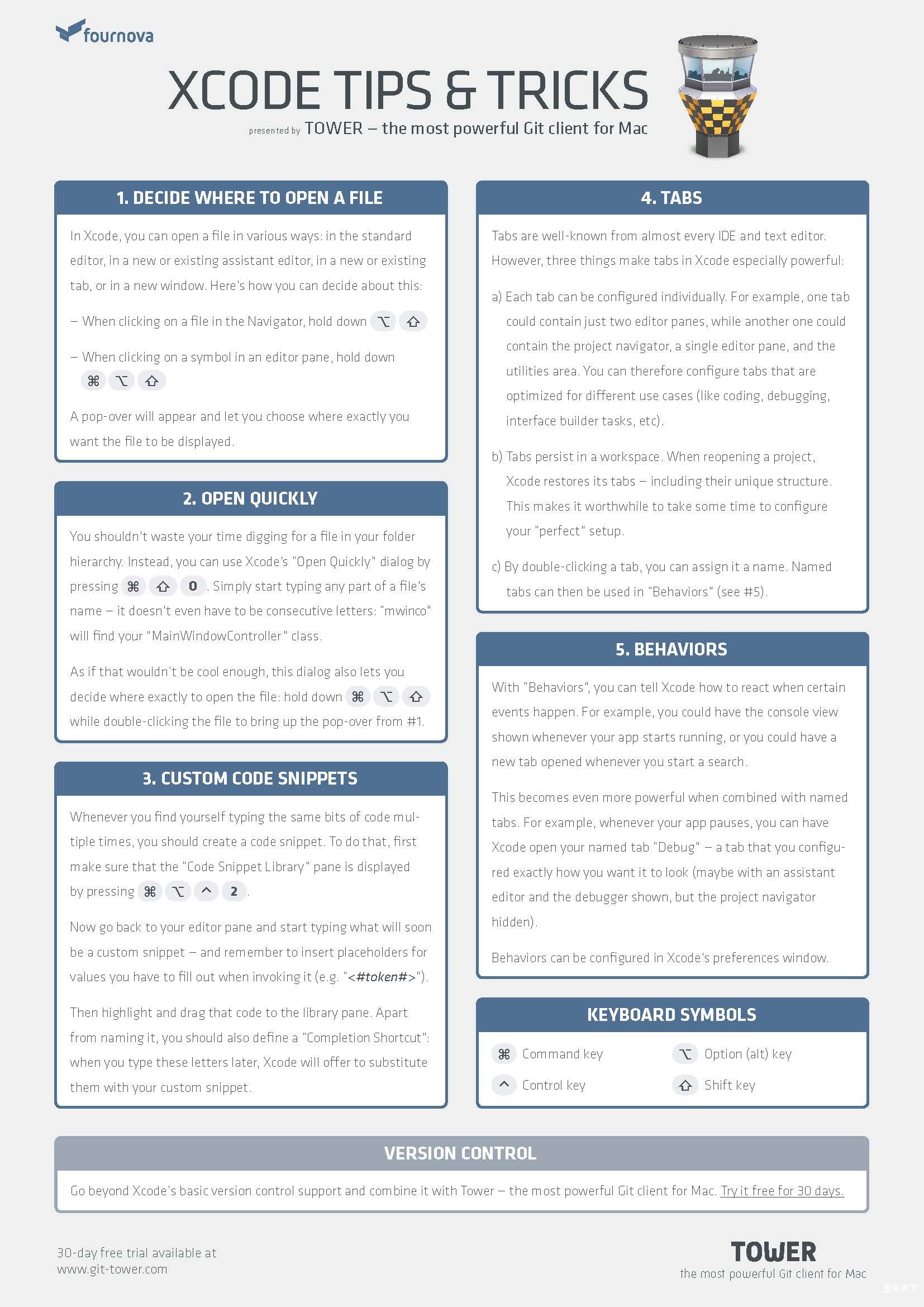

m files from the project with the converted. m needs to be copied into the Swift file by pressing the key ‘Convert the File’. Now you need to translate a pair of Objective-C files to Swift with the help of the Finder extension that is added with Swiftify for Xcode.h files, as it helps in evading the circular references between header files. Next, swap instances of #import “MyViewController.h” with the forward class declaration: MyViewController.Find the #import “MyViewController.h” from within the code and remove the Bridging Header File (-Bridging-Header.h).If you are switching the entire project, it is better to leave the AppDelegate class. m files that needs to be migrated to the Swift Development Language.

What are the Important Things to Consider While Switching from Objective-C to Swift? It is advised that before going for the transition, everything is checked manually.

However, the converter will help in spotting and employing the mechanics of prospective changes. As a precautionary measure, the iOS app developers need to take particular care with the converter, as it will not represent the semantics of the code. In addition, it will help update the latest syntax. Utilizing the modern Objective-C converter, Xcode, allows you to implement the appropriate enum macros and change the id to instance type wherever it is possible. Before you start with the conversion, ensure that you are using the latest Objective-C code. If Objective-C is powering your current apps, you should consider the transition to Swift for added advantages. Some of the popular iOS apps that migrated from Objective-C to Swift successfully are Yahoo, LinkedIn, Lyft, and Weather. The reason for this favoritism is that it offers a wide range of advantages, such as writing less code, less maintenance of apps, acceleration in the app development process, few bugs and crashes, strong from security point of view, and much more. For app developers, Swift is often the favorite although it was released years after Objective-C. Objective-C and Swift are two major programming languages that are used in developing iOS apps.


 0 kommentar(er)
0 kommentar(er)
